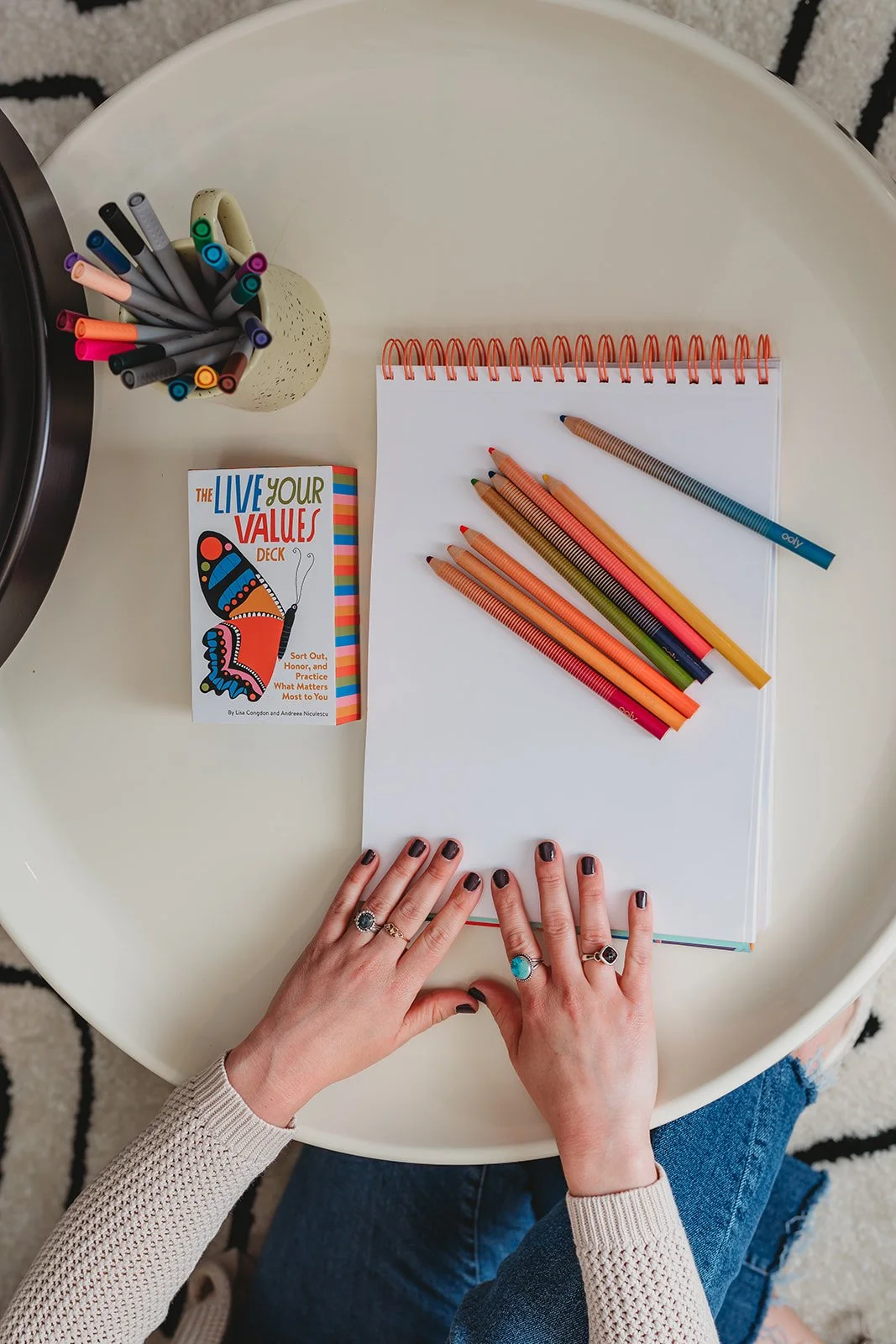Counseling
for Children
Children don’t always have the words to explain what they’re feeling—but their behaviors often tell the story, revealing unmet needs, hidden emotions, or stress that children may not yet know how to put into words.
At NEO Mind Body Collab, we meet children where they are—emotionally, developmentally, and relationally. Our child counseling services are tailored to each child’s age, capacity, and unique way of processing. Using play therapy, sensory-based tools, and creative interventions, we create a safe, engaging space for children to explore emotions, build resilience, and develop healthier ways of coping.
We also know that children don’t exist in a vacuum. That’s why we actively partner with parents and caregivers, helping you understand what’s going on beneath the behaviors—and how to best support your child’s growth. Whether your child is navigating anxiety, grief, transitions, emotional dysregulation, or trauma, therapy can support them in building internal safety, confidence, and connection—with themselves and you.
Integrative

Counseling can help your child…
Express and process big emotions in developmentally appropriate ways
Build self-awareness and emotional literacy
Better cope with stress and trauma through regulation, resilience, and nervous system tools
Address emotional challenges like anxiety, sadness, anger, or behavioral concerns
Strengthen parent-child relationships through insight and connection
Navigate life events like grief, divorce, moves, school struggles, or sensory sensitivities
Feel seen, safe, and capable of navigating their world
With long-term emotional development, boundaries, and relational health
Meet
OUR COUNSELORS

Discover
OUR APPROACH
Our child counseling approach is trauma-informed and developmentally responsive, using play, movement, and connection to support healing, growth, and regulation.
01
Play Therapy &
Expressive Tools
Play therapy, sand tray work, and creative interventions provide safe ways for children to express emotions, process experiences, and build behavioral integration.
02
Art, Movement & Mindfulness Practices
Art-based activities, body movement, and mindfulness support regulation, body awareness, and creative emotional processing.
03
Attachment-Focused Strategies
Attachment-based approaches and parts work help children develop emotional literacy, a stronger sense of identity, and pathways for relational repair.
04
Child Appropriate EMDR
Gentle EMDR techniques address trauma, distressing events, or adverse experiences that may impact how children see themselves, others, or the world.
-
Yes, when appropriate and with your consent.
Children exist within multiple systems—home, school, community—and their emotional wellbeing is impacted across these environments. With your permission, we can coordinate with teachers, pediatricians, or other specialists to ensure your child is receiving support that’s aligned, consistent, and holistic. -
Our therapists are trained in child-appropriate EMDR, play-based trauma processing, and attachment-focused care. We understand how trauma shows up differently in children and know how to create a safe, structured space for healing at their pace.
We also support you in understanding what your child’s behavior may be trying to communicate—and how to respond with connection and clarity. -
Every child is different. Some families see shifts within weeks, while others benefit from a longer-term therapeutic relationship. We’ll assess your goals together, adjust as needed, and ensure you’re part of the process. Consistency, collaboration, and caregiver involvement all help build momentum for sustainable progress.
-
Absolutely. Depending on family dynamics and needs, we can support sibling relationships, offer family sessions, or coordinate care across multiple providers. We’ll tailor the approach to what’s developmentally appropriate and emotionally safe for each child and the family as a whole.
-
It depends on your child’s age, needs, and the goals of therapy. In early sessions, we often meet with parents first to gather background and build a shared understanding of your child’s strengths and struggles. Depending on developmental age and presenting concerns, sessions may be with your child alone, with you present for part or all of the session, or in joint sessions.
We also offer ongoing parent check-ins and parent support sessions, as your involvement is key to creating sustainable change outside the therapy room. -
That’s okay—therapy for children doesn’t rely on talk alone.
We use play, art, movement, and sensory-based interventions that allow children to express themselves safely and creatively. Many children “speak” through behavior, metaphor, or imagination before they can articulate feelings in words. Our job is to attune to their language and support healthy expression, integration, and growth. -
We’ll collaborate regularly through parent updates and review progress together. You may notice changes in emotional regulation, behavior, confidence, or how your child connects and communicates. Sometimes growth looks like more open expression—or even more visible distress at first—as your child begins to feel safer showing what they’ve been holding in. We help you make sense of the process, so you feel supported too.
-
We support children with:
Anxiety, fear, or frequent worry
Mood struggles, shutdown, or emotional outbursts
Behavioral changes or acting out
Sleep or eating challenges
Trauma or medical events
Divorce, grief, or big transitions
Social difficulties or school concerns
Identity or self-esteem struggles
No issue is too small. We welcome you even if you just sense something is “off” or want to support your child’s emotional development proactively.







